
Similar Posts
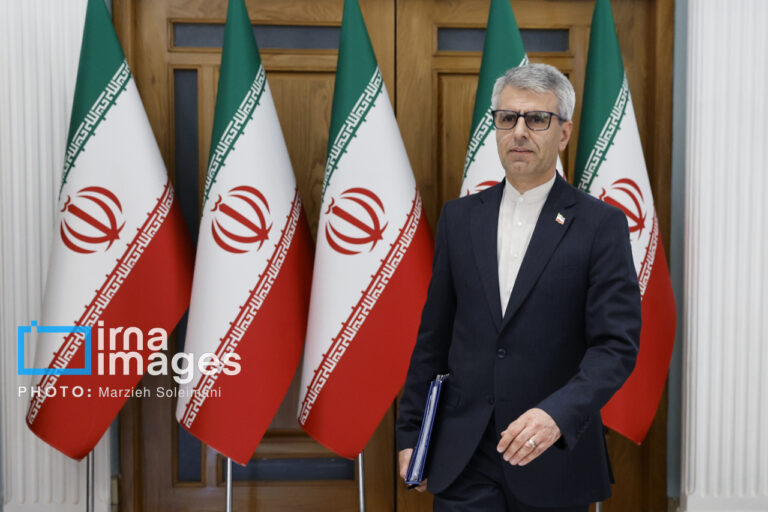
Iran’s Foreign Ministry Stands Firm: Negotiating Team Pledges to Safeguard National Interests and Rights
The Iranian negotiating team is holding critical discussions in Rome, emphasizing their commitment to the nation’s rights and interests amid ongoing negotiations regarding Iran’s nuclear program. Esmaeil Baqaei, spokesperson for the Ministry of Foreign Affairs, highlighted the program as a source of national pride. Foreign Minister Abbas Araqchi is leading the talks, which involve indirect negotiations with U.S. envoy Steve Witkoff and are being mediated by Oman. Araqchi has participated in four rounds of negotiations, asserting that a deal hinges on Iran’s nuclear capabilities. The delegation includes key diplomats and experts from the Iranian government.
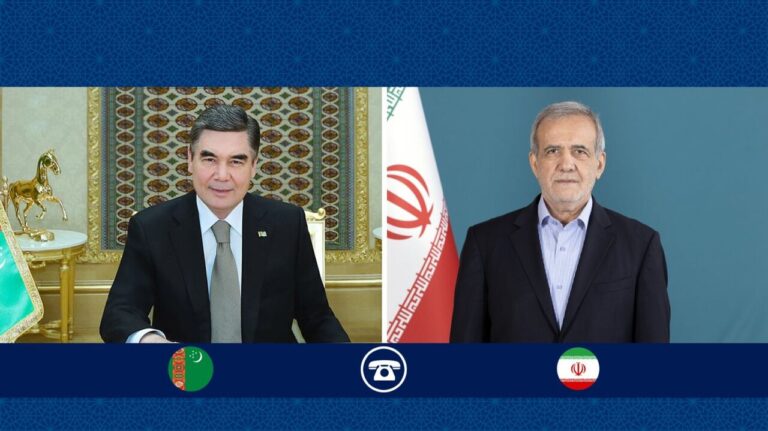
Iran Champions Enhanced Collaboration Among Caspian Sea Nations, Says Pezeshkian
Iranian President Masoud Pezeshkian and Turkmenistan’s National Leader Gurbanguly Berdimuhamedow recently discussed enhancing cooperation among Caspian Sea littoral states to protect mutual interests and the environment. Pezeshkian emphasized Iran’s commitment to global peace and expressed eagerness to collaborate with Turkmenistan. Key discussion points included the Joint Economic Cooperation Commission to strengthen bilateral ties, increased economic cooperation in transportation, energy, and gas swaps, and enhanced cultural collaboration, recognizing the shared heritage of both nations. This dialogue underscores a mutual commitment to economic growth and cultural exchange, reinforcing the longstanding ties between Iran and Turkmenistan.
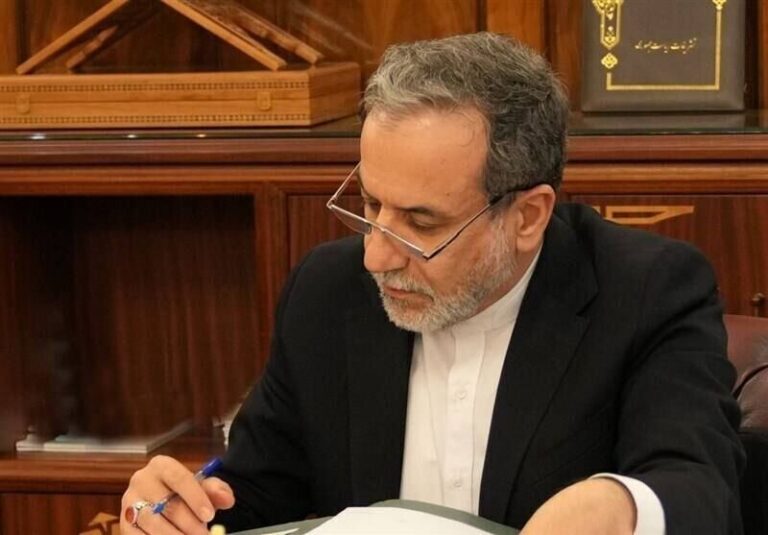
Araqchi: France Lacks Moral Authority to Lecture Iranians
Iranian Foreign Minister Abbas Araqchi has urged France to stop issuing human rights advisories to Iran, questioning its moral authority due to perceived hypocrisy in its foreign policy. In a post on X, he criticized France’s human rights activism and highlighted the contradiction in its support for Israel amid allegations of war crimes against Palestinians. Araqchi referenced France’s decision not to enforce an arrest warrant from the International Criminal Court for Israeli leaders, emphasizing the lack of credibility in France’s stance on human rights. His comments reflect broader tensions regarding international accountability and the effectiveness of foreign influence.
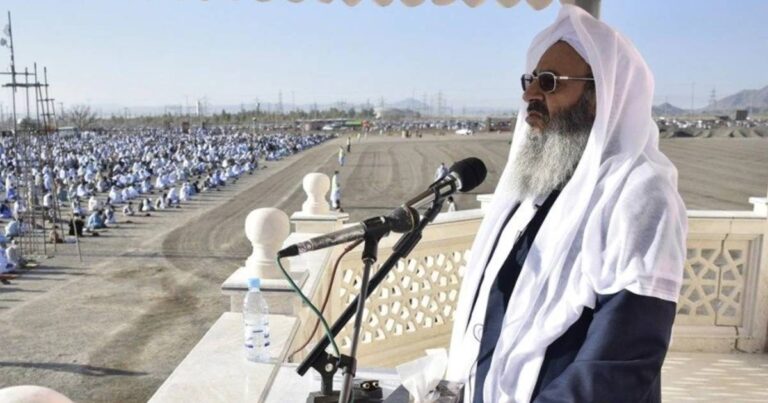
Iran’s Leading Sunni Cleric Calls for Direct US Dialogue, Challenging Supreme Leader’s Stance
Iran’s senior Sunni leader, Mowlavi Abdolhamid Ismaeelzahi, has advocated for direct negotiations with the United States and global powers, challenging Supreme Leader Ali Khamenei’s stance against such talks. He emphasized that intermediaries often fail to represent national interests effectively. This call for direct dialogue contrasts sharply with Khamenei’s rejection of negotiations, as he warned of a strong response to US threats, including military action. Meanwhile, concerns about Iran’s economic crisis have prompted some officials to suggest that engagement with the US could alleviate sanctions. The debate over negotiation strategies reflects deep divisions within Iran’s leadership regarding foreign relations.
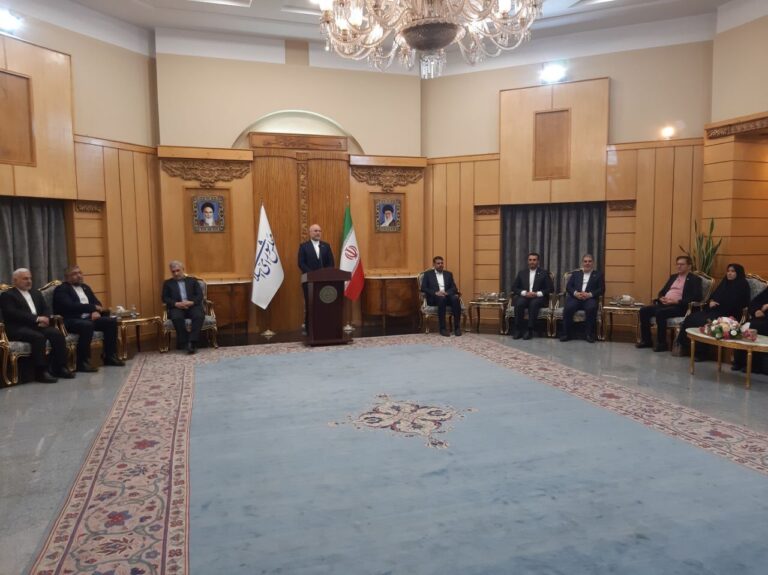
Parliament Speaker Declares Clear Path to Strengthen Economic and Cultural Bonds Among Islamic Nations
The 19th Parliamentary Union of the OIC Member States (PUIC) conference has strengthened economic and cultural ties among Islamic nations, according to Iran’s Parliament Speaker Mohammad-Baqer Qalibaf. Upon his return, he highlighted the conference’s role in facilitating crucial dialogues on topics like Palestine, economy, human rights, and women’s affairs. Qalibaf emphasized the unified stance of Islamic states against Israeli violations, coinciding with U.S. attempts to create discord in the region. He also noted Indonesia’s significant role in international organizations. Qalibaf held seven bilateral meetings with various countries to enhance cooperation and solidarity among member states.
